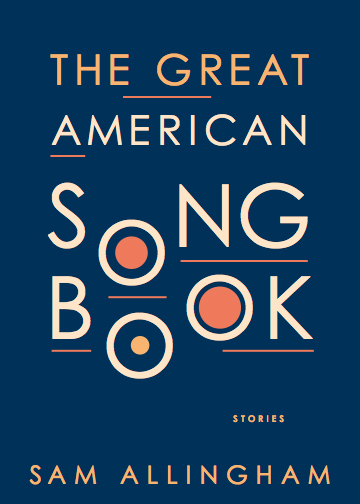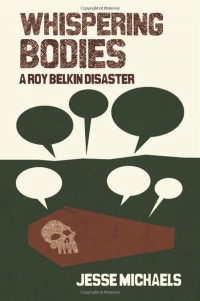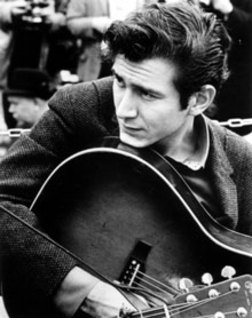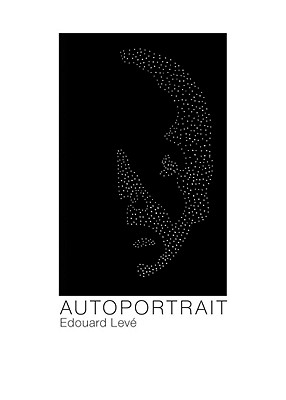The Great American Songbook – Sam Allingham
What Allingham shows is that songs are most effective when their writers embrace the limitations their medium presents, and cannily exploit these to draw attention to their project’s artifice.
Cook County is demanding exorbitant back taxes from small venues, all because the concerts they host aren’t considered “fine art.”
Whispering Bodies – Jesse Michaels
His undoing is also that of punk rock
Odds Against Tomorrow – Nathaniel Rich
He addresses [fear] with poise and the kind of gallows-humor that would make Don DeLillo, Joseph Heller and Gary Shteyngart proud.
I See You Face To Face: Walt Whitman and Walter White
Watching Breaking Bad in light of Walt Whitman is to meditate on the American Dream through a glass, darkly.
I’ve Been Thinking About Phil Ochs
Occasionally, songwriters manage to write explicitly topical songs with that elusive combination of sincerity and grace.
Converting the act of mourning to something as abstract as a piece of instrumental music serves to further isolate it from death itself. Bradbury skips a step or two: the March IS death.
Nostalgia is a fetish; in SOUND it’s a compulsion, a habit to be tamed.
But We’re Not Friends! Facebook and Getting Hired
Asking to actually log into a prospective employees’ profile and look at the info as “User A” seems like a completely unreasonable request.
Looking at a given artist’s self-portraits over time, it’s impossible to focus on the changing image of a self, without wondering about the forces that changed that person. Vincent Van Gogh comes to mind, before and after cutting off his ear. Levè bucks this mentality.












